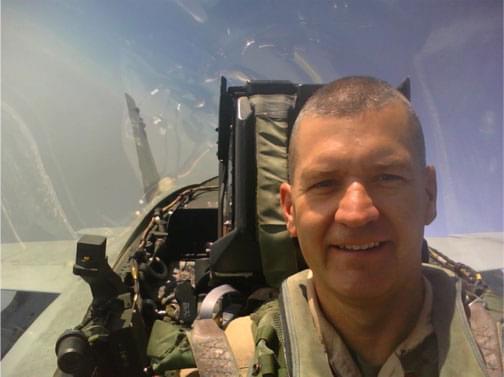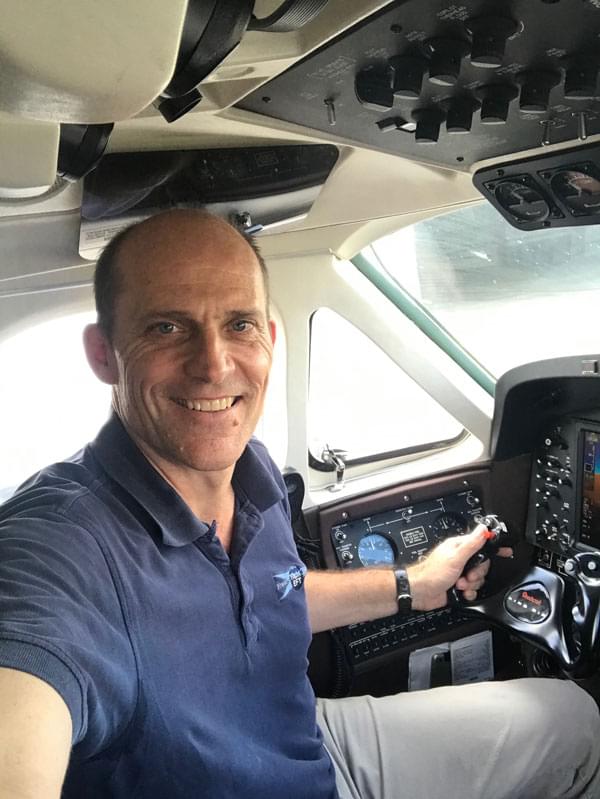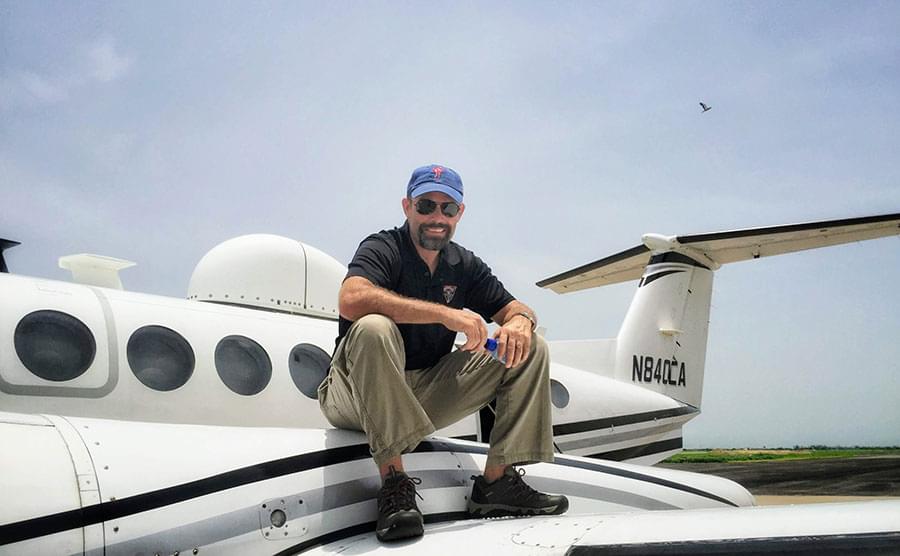
King Air 300/350 Type Ratings
King Air 300/350 Type Ratings

King Air Type Ratings
300/350
The King Air 200 series proved so popular that Beechcraft created a successor which became the King Air 300. The B200’s airframe was essentially cleaned up and Pratt & Whitney PT6-60A engines producing 1050hp replaced the 750hp installed on a stock King Air 200. The first flight of the Model 300 occurred on September 3, 1983 and deliveries commenced the following year. The airplane proved so popular that Beechcraft developed the larger King Air 350. Based on the 300, the manufacturer stretched the fuselage to accommodate double club seating, added winglets and increased the gross weight to 15,000lbs.
Computer Based Training - Complete Prior To Arrival
One-on-One Ground School
Full Motion Simulator Sessions
Flight Training To Proficiency In Your King Air
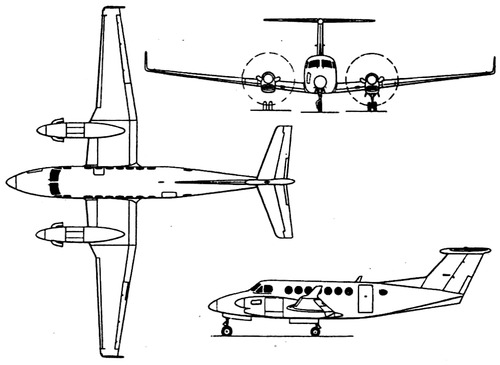
Time Allocation
Classroom Learning
Pre-Flight Briefing
Flight
De-Briefing
Sim & Flight Training
Day 1
Introduction
Powerplant Management
Aircraft General
VMC & IMC Profiles
Optional Equipment & Modifications
Emergency Procedures Checklist
Engines/Propellers
Anti-ice/Deice
Environmental Systems
Flight in Icing Conditions
day 2
Flight Controls & Wing Flaps
Aircraft Fuel System
Normal Procedure Checklist
Performance & Flight Planning
Aircraft Loading Procedures
Fuel Management
Emergency Procedures
Checklist
Flight Profiles
Systems Review/FARs
day 3
Electrical Systems
Flight Instruments
Landing Gear
High Altitude Flight
Systems Failure Analysis
Avionics & Auto-Pilot
Emergency Procedures Checklist
Weight & Balance Procedures
Final Exam
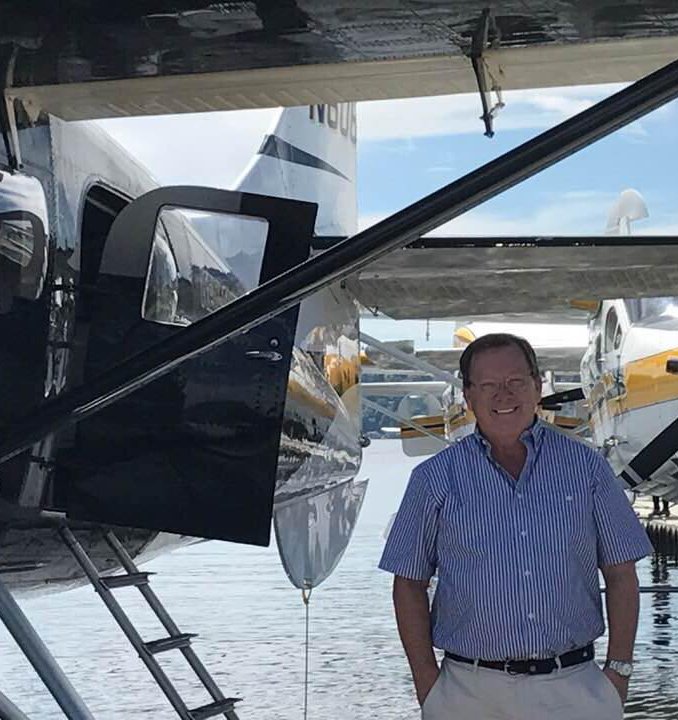
Lead Instructor
Douglas Carmody is a former airline Captain with over 30,000 flight hours. He has over 32 years of instructional experience in turbine aircraft. Along with being a contract instructor, he’s also a corporate pilot, a charter pilot, a licensed A & P Mechanic, and author of 15 aviation books and numerous magazine articles.

